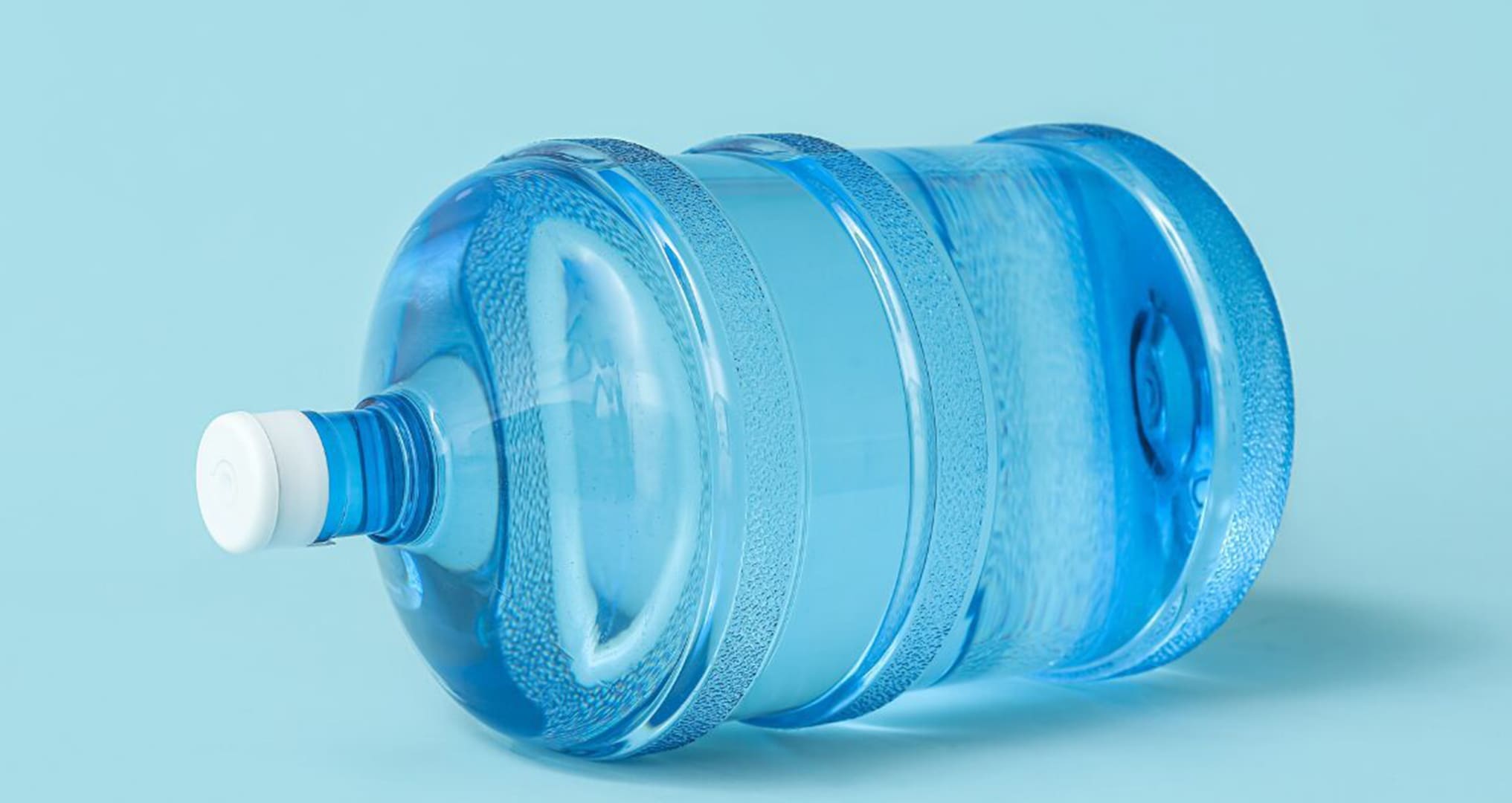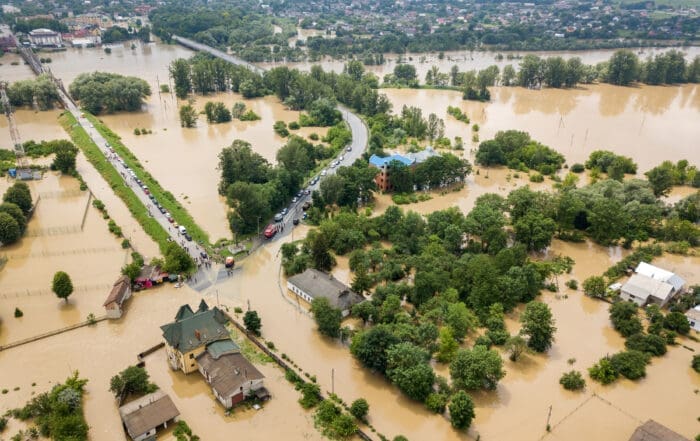
How a Single Jug Impacts an Entire Ecosystem
When we think of a plastic jug, we need to realize the significant impact it can have on an entire ecosystem. Every step of its life cycle has environmental consequences, from production to eventual disposal. The materials used to produce a jug often come from non-renewable sources, such as petroleum, and the manufacturing process emits harmful pollutants into the air and water.
Once the jug is used and disposed of improperly, it furthers its pollution on the land and in the water, endangering wildlife all around it. That’s why it’s essential to consider the impact of our everyday choices and make efforts to reduce our environmental footprint, even with small items like a single jug, and Artesian Bottleless Water is here to remind you of that.
Importance of Understanding the Impact of Single Jugs on Ecosystems
Our understanding of the impact of single jugs on ecosystems is crucial in today’s world. A single jug not only affects the environment but also its inhabitants. Plastic water bottles of all sizes pollute our natural surroundings and jeopardize the well-being of living creatures.
Therefore, we must adopt environmentally friendly practices and find alternatives that do not harm our ecosystem. By becoming more conscious of how a jug impacts the ecosystem, we can reduce our carbon footprint, protect habitats, and nourish our planet. It’s our collective responsibility to make a positive difference and safeguard our world for generations to come.

How Can a Single Jug Affect an Ecosystem?
All those plastic bottles we see everywhere we go tremendously impact the environment and climate change. While it may seem like just one jug won’t make a difference, its contribution to the growing pile of waste and pollution is significant. These single-use water containers take hundreds of years to decompose, and during that time, they release toxic chemicals into soil and water sources. This creates catastrophic impacts on ecosystems, endangering plant and animal life and eventually, human life.
Impact on Water Quality
The quality of our tap water significantly impacts our health and well-being. Harmful chemicals in our water supply can have devastating effects on our bodies, and it is essential to ensure that our water systems are kept up-to-date and well-maintained. The Safe Drinking Water Act (SDWA) requires the Environmental Protection Agency (EPA) to examine the need for infrastructure improvements and maintenance of public water systems in the United States.
This includes conducting a survey and assessing the water systems every four years. The results from previous surveys are available for public viewing. These surveys provide valuable information that helps identify the infrastructure projects necessary to produce safe, clean tap water for all. It is essential to take water quality seriously, and the SDWA helps ensure that our water systems provide the most pristine and safest water possible.
Pollutants in A Single Jug
Single-use plastic bottles are a common source of pollutants in the environment, especially when it comes to bottled water. While convenient for on-the-go hydration, these plastic bottles can end up in landfills or even the ocean, breaking down into microplastics that threaten marine life. Not only that but the manufacturing and transportation of bottled water also contribute to carbon emissions and environmental damage.
Effects on Aquatic Life and Water Quality
The impact of plastic on our oceans and aquatic life is a growing concern, and plastic jugs and bottles are partially to blame. It’s estimated that every square mile of ocean contains an average of 46,000 pieces of floating plastic. This affects not only the aesthetic beauty of our oceans but the quality of the water and the health of marine life.
Plastic waste can be fatal to animals, as they can become entangled in it or mistake it for food, leading to internal damage or death. As humans, we must consciously reduce our plastic consumption to protect the delicate ecosystems of our oceans and the creatures that call them home.
Effect on Biodiversity
Every action we take, no matter how small, affects the environment. The production of plastic jugs relies heavily on fossil fuels, such as natural gas, which contributes to global warming. In addition, the energy required to manufacture, transport, and dispose of these jugs also degrades natural habitats and can harm local wildlife. When we collectively reduce our dependence on single-use plastics, we can positively impact biodiversity and fight against the adverse effects of climate change.
Changes in Food Sources and Habitat
It’s no secret that plastic water bottles affect carbon footprint and the release of greenhouse gasses, but their impact on food sources and habitat is often overlooked. Plastic pollution disrupts ecosystems and impacts the food chain, ultimately leading to a decline in biodiversity. By being mindful of our plastic consumption and making conscious efforts to reduce our use of plastic water bottles, we can help preserve the health of our environment and the species that inhabit it.
Reduction of biodiversity
The production of plastic jugs requires fossil fuels, which contributes to greenhouse gas emissions and climate change. Additionally, many of these jugs end up in landfills, where they take hundreds of years to decompose, releasing even more harmful gasses into the atmosphere.
Therefore, switching to reusable water bottles can significantly reduce the amount of plastic waste produced and ultimately help preserve biodiversity. When we opt for recycled jugs or reusable bottles, we are making a conscious effort to reduce our carbon footprint and protect the environment for future generations.
Effects on The Ecosystem As A Whole
The impact of a single plastic jug can be far-reaching and profound. From its production to its disposal, this seemingly innocuous item requires significant amounts of raw materials and energy, including millions of barrels of oil. The carbon dioxide emissions from plastic production contribute to climate change and the depletion of natural resources.
Once discarded, jugs can decompose for up to 500 years, further polluting the environment. Therefore, it is crucial to consider the environmental costs of single-use plastic products and strive towards sustainable alternatives. By reducing our use of plastic and promoting eco-friendly options, we can address the detrimental effects of plastic production on the ecosystem as a whole.
Help Save the Ecosystem with Artesian Bottleless Water
Making a positive impact on the environment starts with small actions that can make a big difference. One of these actions is opting for bottleless water systems with water filters instead of single-use plastic bottles. Using reusable bottles and partaking in a bottleless water system, you’re helping reduce plastic waste, preserve natural resources, and protect the ecosystem. You can make a big difference and help to maintain the environment for future generations with something as simple as switching to Artesian Bottleless Water!
Ready to invest in your employee health and the preservation of our planet? Get your free 7-day trial started today.



